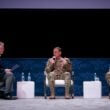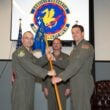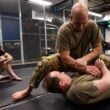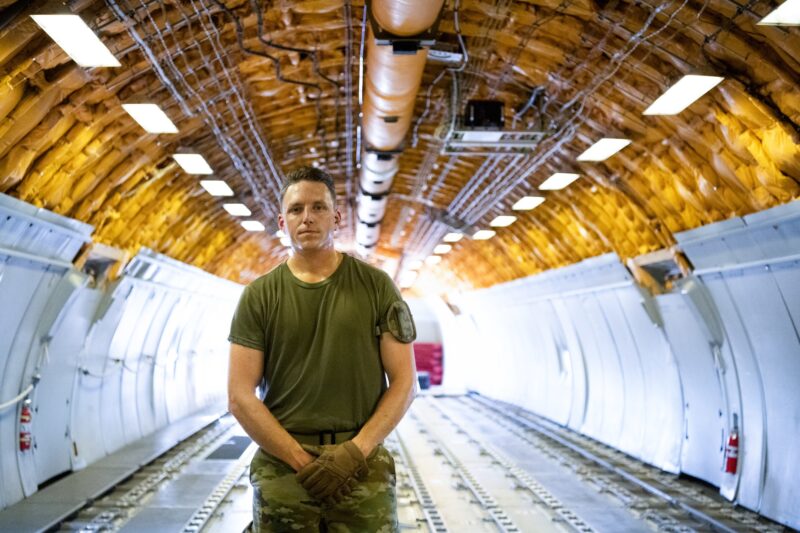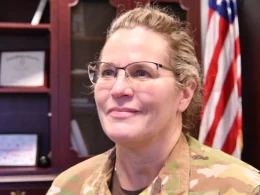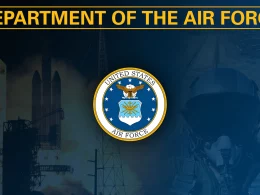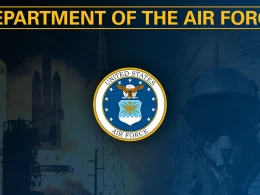TRAVIS AIR FORCE BASE, Calif. —
TRAVIS AIR FORCE BASE, Calif. – The base faced a challenge: their aging Tunner 60K Loaders, a versatile vehicle system capable of moving up to six cargo pallets, were showing their wear and tear. In the spirit of innovation and repurposing, Senior Airman Kyle Sunderman, 60th Aerial Port Squadron ramp operations journeyman, and the 60th Aerial Port Squadron team sought a solution.
“The manufacturer of the 60K Tunner no longer produces omni-rollers for the Tunner,” Sunderman said. “I found that if an omni-roller lost functionality, the maintainers rebuilt the roller assembly with existing parts found on hand or scrapped the roller entirely, depending on the extent of the damage. Travis AFB, as well as other bases, do not carry replacement parts for the Tunner. If a roller is in need of replacement, the fix could take weeks to implement.”
Their eyes turned to the soon to be phased out KC-10 Extender omni-rollers, originally designed for loading cargo onto the aircraft.
“While working a cargo movement on a KC-10, I noticed that the rollers on the omni-panels nearest the cargo door appeared to be identical,” Sunderman said. “Knowing that Travis AFB was in the process of divesting the KC-10 fleet, I found an opportunity to re-purpose the KC-10 omni-rollers. After taking initial measurements, I found that the rollers had similar dimensions to those on the 60k Tunner. I talked to DRS Technologies (60K Loader builder) and they confirmed that, indeed, the omni-rollers on the KC-10 and the 60K Tunner are interchangeable. Once the specifications were confirmed, I began to create Project KC-10 Omni-Roller Recycle (KORR).”
After going through the chain of command and getting their support, the team embarked on a transformation process. They removed the panels from the aircraft floor using hand and power tools to remove the rollers. They then disassembled parts of the rollers and installed them on the 60K Tunner.
Commonly referred to as “cannibalization” or “parts swapping,” this can be a cost-effective way to repair or upgrade a vehicle, especially if the replacement part is compatible and in good condition. It’s a common practice in automotive maintenance and repair, particularly in situations where finding new replacement parts may be difficult or expensive.
“It was incredible to find a solution that not only solved the problem at hand, but also re-purposed items that were no longer going to be in use,” Sunderman said. “In this process, Project KORR thus far has saved the Air Force $38,383 in costs for replacement rollers at Travis AFB alone.”
The first 60K Tunner with repurposed KC-10 omni-rollers took to the flightline on Oct. 30, 2023. The test was deemed a success by the 60th APS, and the omni-rollers proved capable of handling various cargo sizes and weights.
“By maintaining the omni-rollers on the 60k Tunner, the Air Force will see a reduction in personnel injuries, as well as damage to loaders and aircrafts,” Sunderman said. “Especially with a port that relies heavily on the movement of cargo through Boeing 747 aircrafts, a solution for the aging omni-rollers is of the utmost importance and inevitable.”
With the omni-roller project’s success, the base is looking to replicate this approach with other outdated equipment and infrastructure. Travis AFB is an example of how repurposing parts can extend the life of aging equipment, improving mission readiness and signaling the servicemembers ability to meet the challenges of the future.



